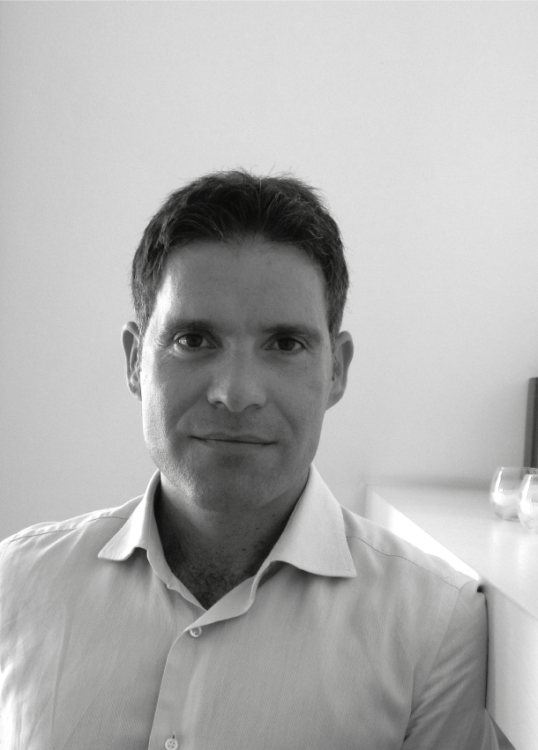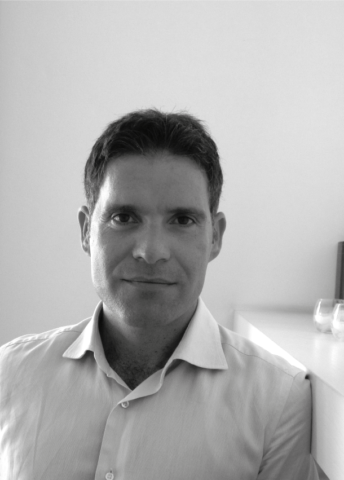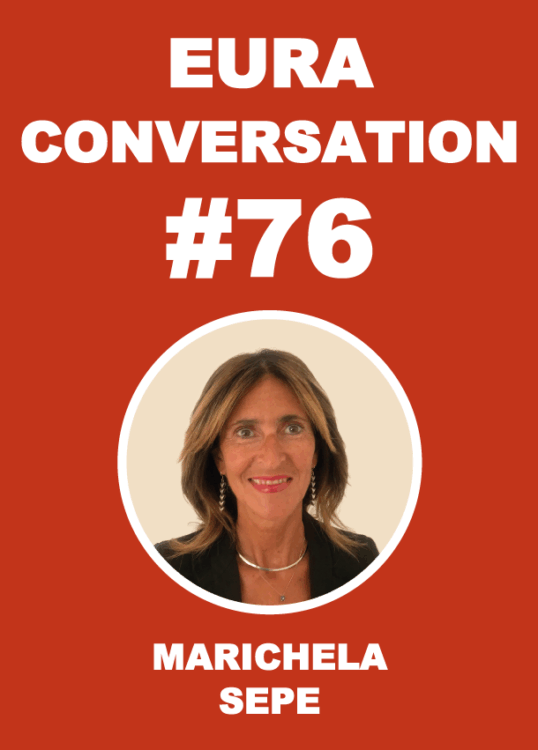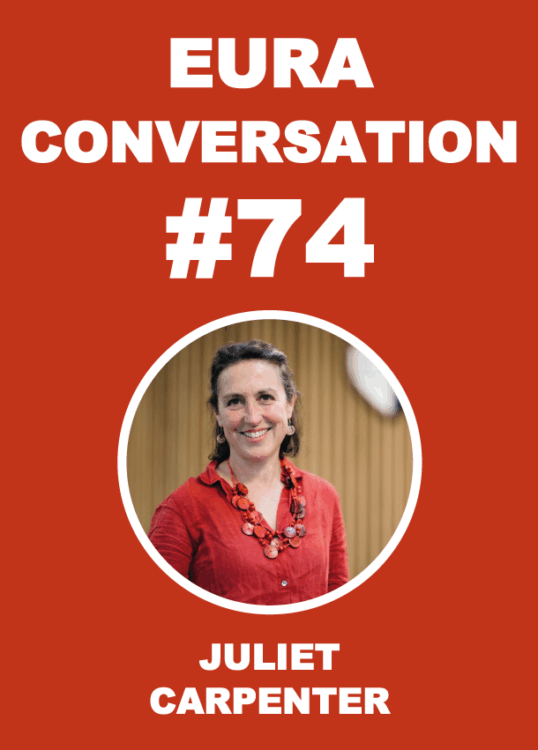
#15 Media responsibility?
14/12/2020
#17 Remember Teaching?
25/01/2021#16 Learning from 2020
by Ignazio Vinci, University of Palermo, Italy

A few weeks ago, a column in Time magazine was accompanied by an eloquent drawing: in it, a big red X overlapped the number 2020 and, just below, an inscription said ‘The worst year ever’. There are many reasons to recognise that the Time’s statement isn’t without foundation.
Due to the Covid-19 pandemic, last year 1.8 millions lives were lost across the world. For months, our social life has been cancelled by restrictions to contain the virus. Moreover, thousands of businesses have suddenly disappeared, and experts say it will take years before the lost jobs will return, if at all. Undoubtedly drama is a good word to describe many of the images that the year just ended has delivered to us.
While I leave it to historians to debate whether the year deserves to be described as the ‘worst’ of all time, my point here is that 2020 should also be viewed as a crucial step in our civilization process. The reaction to the pandemic throughout the world has revealed extraordinary virtues and possibilities for humankind. While people were discovering how vulnerable many aspects of urban life can be, a growing sense of resilience has pervaded individuals, communities and organisations.
Thanks to its authors, in the past year EURA Conversations has given a wonderful portrait of how social distress and new ideas have cohabited in many parts of the world.
In 2020 we discovered the bright side of technology, how much digitalisation can help us to do things better in our jobs and, in some ways, replace physical proximity. Surprisingly, we discovered how easily environmental damage can be reversed, since lockdowns brought back clean air and blue skies in many cities of the developed world. Not least, we re-discovered the importance of solidarity and collaboration, and the many forms these attitudes can take when needs are recognised as the common expression of different social classes.
In my opinion, it is exactly at the intersection of collective and individual endeavours that many new, good things have happened in the last year. Since the beginning of the pandemic explosion, a huge amount of data started to flow, thanks to the efforts of different groups and individuals spread across the globe. This ‘global collective action’ is providing wider knowledge of the geographies and mechanisms of social life in urban areas, knowledge which will surely raise awareness about what is needed from welfare policy in the near future.
At the same time, in the simple gestures of everyday life (wearing a mask, respecting the social distance in public spaces), many have discovered the importance of social norms in delivering the public interest. Following Jon Elster, the Norwegian social theorist, I would define these actions as manifestations of the ‘good side of individualism’ – the recognition that societal challenges cannot be addressed without the help of small, individual efforts.
Health (or the fear of death?) is clearly a powerful argument to explain these types of mobilisation, by both the collective and the individual. I strongly believe that, in combination, these motivations can pave the way for strengthening public participation in tackling the many other global challenges we now face, first of all the fight to address the climate change emergency.
We, as social scientists and policy-makers, can learn so much from the last twelve months and, perhaps, should not just dismiss 2020 as ‘the worst year ever’.
In the next contribution to EURA Conversations Alistair Jones, of De Montfort University, UK, asks the question: ‘Remember teaching?’







In this contribution to EURA Conversations Ignazio Vinci helps us think beyond the suggestion that 2020 is ‘the worst year ever’. For many people the COVID-19 pandemic has delivered appalling suffering and distress, and the death toll is more than distressing – this is beyond dispute. But his important insight is to suggest that, in response to this onslaught, new ideas and practices are emerging on how to co-create a fairer and a better post COVID-19 world… I think he is right.
It would be great to see colleagues share their experiences on this comments page. We all have experiences of heart warming community initiatives that have arisen because of the COVID-19 emergency… maybe there is an important research agenda here for urban researchers to study and document these responses…